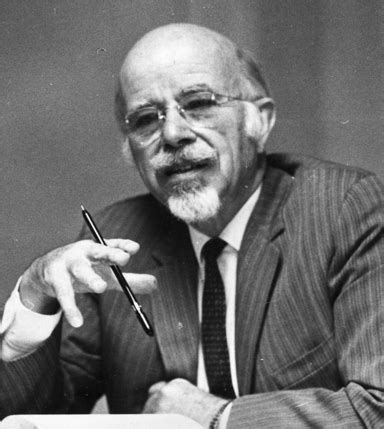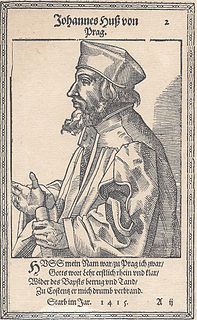A Quote by Origen
Seeing there are many who think they hold the opinions of Christ, and yet some of these think differently from their predecessors, yet as the teaching of the Church, transmitted in orderly succession from the apostles, and remaining in the Churches to the present day, is still preserved, that alone is to be accepted as truth which differs in no respect from ecclesiastical and apostolica tradition.
Related Quotes
Suppose there arise a dispute relative to some important question among us, should we not have recourse to the most ancient Churches with which the apostles held constant intercourse, and learn from them what is certain and clear in regard to the present question? For how should it be if the apostles themselves had not left us writings? Would it not be necessary, in that case, to follow the course of the tradition which they handed down to those to whom they did commit the Churches?
At a time when many churches throughout the world are experiencing significant decreases in numbers, The Church of Jesus Christ of Latter-day Saints - though small in comparison with many others - is one of the fastest growing churches in the world. As of September 2013, the Church has more than 15 million members around the world.
The Catholic Church holds that it is not admissible to ordain women to the priesthood, for very fundamental reasons. These reasons include: the example recorded in the Sacred Scriptures of Christ choosing His apostles only from among men; the constant practice of the Church, which has imitated Christ in choosing only men; and her living teaching authority which has consistently held that the exclusion of women from the priesthood is in accordance with God's plan for His Church.
Thoughtful men, with hearts craving the truth, have come to seek in the Catholic Church the road which leads with surety to eternal life. They have understood that they could not cleave to Jesus Christ as the Head of the Church if they did not belong to the Body of Jesus Christ which is the Church. Nor could they ever hope to possess in all its purity the faith of Jesus Christ if they were to reject its legitimate teaching authority entrusted to Peter and his successors.
After the Church of Jesus Christ of Latter-day Saints was organized, there were only two churches upon the earth. They were known respectively as the Church of the Lamb of God and Babylon. The various organizations which are called churches throughout Christendom, though differing in their creeds and organizations, have one common origin. They all belong to Babylon
the Twelve Apostles are the most evident sign of Jesus' will regarding the existence and mission of his Church, the guarantee that between Christ and the Church there is no opposition: despite the sins of the people who make up the Church, they are inseparable. Therefore, a slogan that was popular some years back, 'Jesus yes, Church no,' is totally inconceivable with the intention of Christ. This individualistically chosen Jesus is an imaginary Jesus.
The ecclesial communities which have not preserved the valid Episcopate and the genuine and integral substance of the Eucharistic mystery, are not Churches in the proper sense; however, those who are baptized in these communities are, by Baptism, incorporated in Christ and thus are in a certain communion, albeit imperfect, with the Church.
Behold how Christ is the foundation of the church and the apostles are the foundations! Christ is by a figure of speech - antonomastice - the foundation because the edifice of the church begins from him and is finished in him and through him. But the prophets and apostles are the foundations because their authority bears up our weakness.
Every once in a while I check and I say, do I still believe in God? And the answer is absolutely yes. And then I think, I suppose I should go to church now. But after going to so many churches in my life and trying to go with the flow with so many denominations, Eastern and Western, I don't really feel I need to go to church at all.
As to those other things which we hold on the authority, not of Scripture, but of tradition, and which are observed throughout the whole world, it may be understood that they are held as approved and instituted either by the apostles themselves, or by plenary Councils, whose authority in the Church is most useful, e.g. the annual commemoration, by special solemnities, of the Lord's passion, resurrection, and ascension, and of the descent of the Holy Spirit from heaven, and whatever else is in like manner observed by the whole Church wherever it has been established.




































